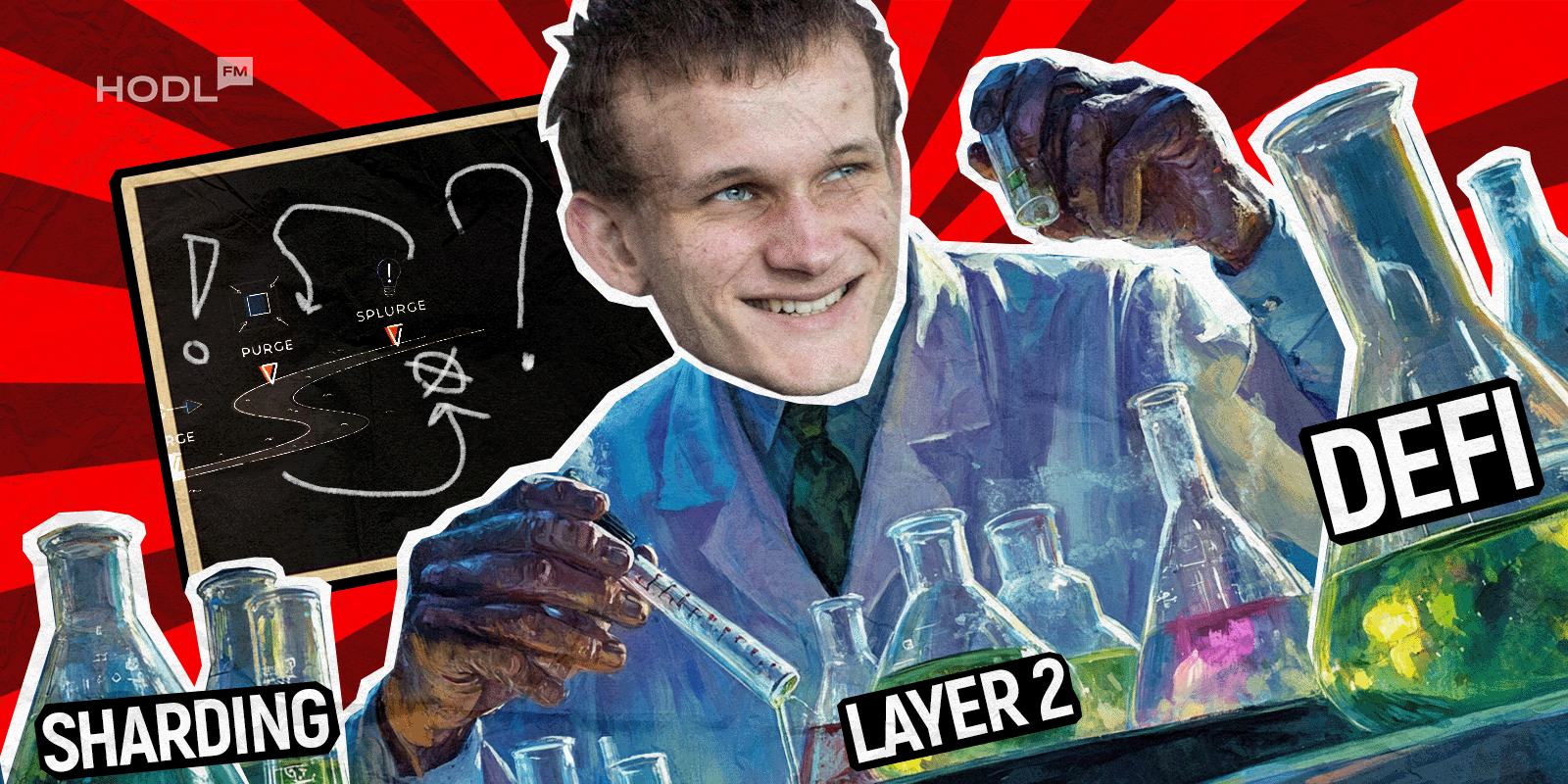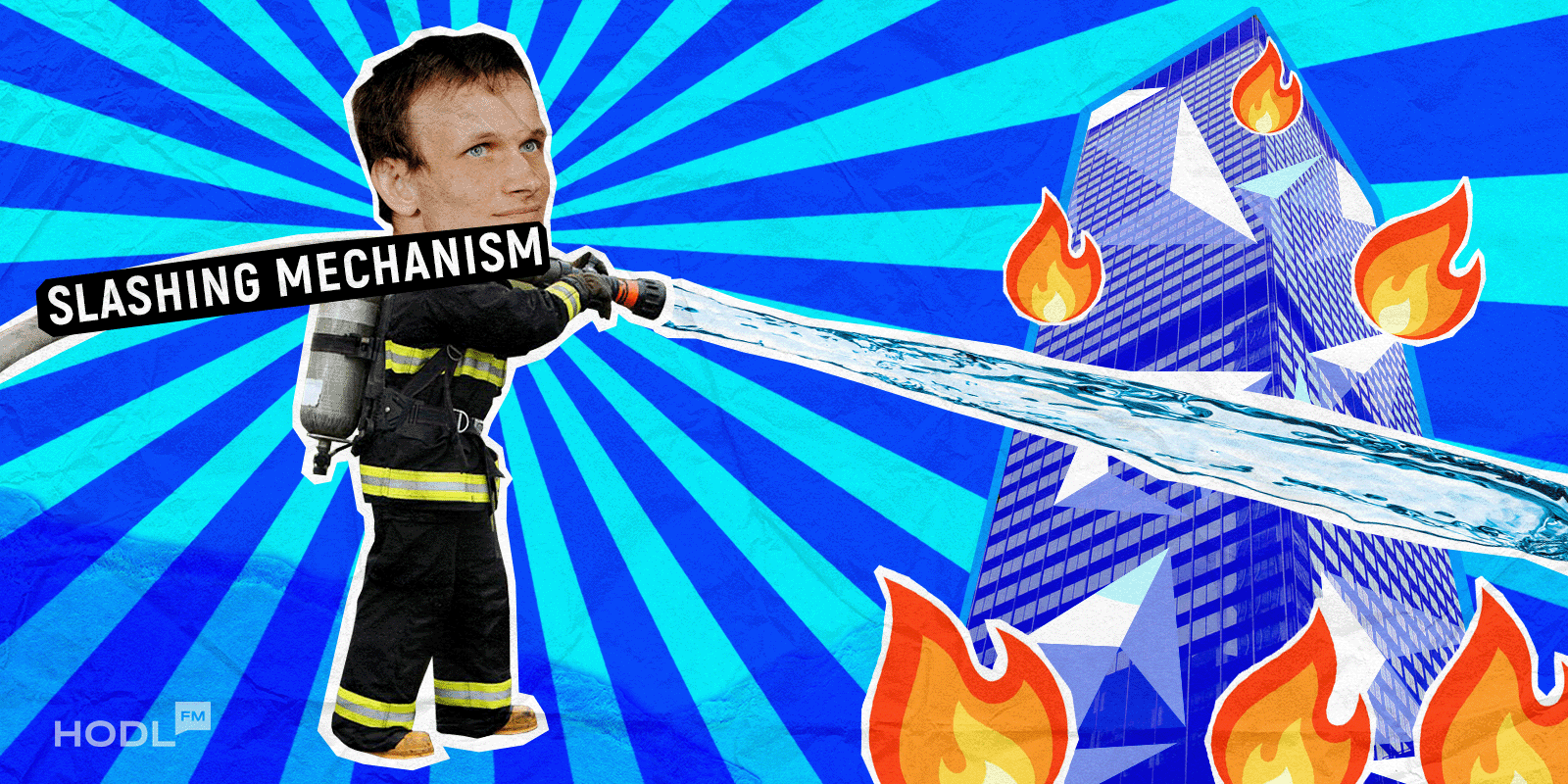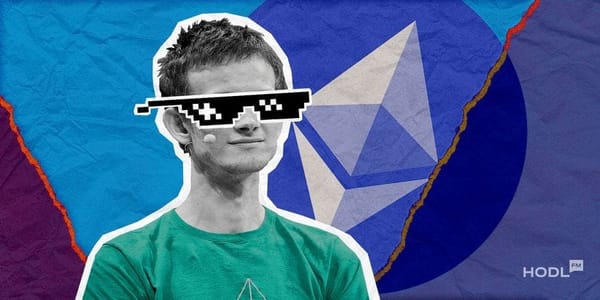Ethereum, the top platform for decentralized apps and smart contracts, has hit a bit of a snag — centralized staking. This threatens one of its core values: decentralization. Liquid staking and tokens that represent staking rights have become a key part of the ecosystem, but they come with a catch. How do you make staking appealing while keeping things decentralized and fair for everyone?
Enter Vitalik Buterin, Ethereum’s creator, with a few ideas to tackle block production and staking centralization as Ethereum moves through its "The Scourge" phase of the roadmap.
Possible futures of the Ethereum protocol, part 3: The Scourgehttps://t.co/mtzH1ZxTak
— vitalik.eth (@VitalikButerin) October 20, 2024
(I tried my best to be fair to all sides of the debates here!)
The Liquid Staking Dilemma
The big problem is that more ETH holders are turning to liquid staking, which lets them participate in securing the network without locking up their assets. Liquid Staking Tokens (LSTs) offer users flexibility and access to liquidity, but they also concentrate a massive amount of ETH in the hands of a few big players. This could spell trouble for the network’s security and decentralization.
Take Lido, for example, a liquid staking platform that handles a huge chunk of staked ETH. Naturally, this has developers and the community on edge, trying to keep staking rewards juicy while avoiding centralization.
Ethereum keeps evolving like a crypto chameleon
— Moxas (@MoxasNFT) October 20, 2024
So, What’s Buterin Suggesting?
Cap on Staking Penalties
One suggestion is to cap staking penalties. For example, only 1/8 of all staked ETH would be at risk of penalties, while the other 7/8 stays safe. This way, people can stake without sweating about losing most of their assets. Critics, though, point out that this might just end up being a sneaky way to cut down on new ETH issuance once the staked amount nears a set limit.
Two-Tier Staking System
Another idea is a two-tier staking system: “risk-free” staking and “risky” staking. Risk-free staking would be open to all and carry no penalties, while risky staking would offer higher rewards but with potential risks. The trick here is to set the parameters right to avoid centralizing the risky side while still giving participants a good reason to stake.
Managing MEV Revenues
Capturing revenue from Miner Extractable Value (MEV) is another focus. Today, things like arbitrage trades on decentralized exchanges (DEXs) bring in unpredictable profits for validators that the protocol doesn’t really see. This makes staking harder to control and might tempt validators into centralized pools. Buterin proposes auctioning off the right to propose blocks, making MEV revenues more transparent and manageable.
Lowering the Costs of Solo Staking
Solo staking is another key piece of the puzzle, letting independent network participants secure transactions. Right now, running an Ethereum node can cost about $60 a month, which could be a deal-breaker for many, especially if staking rewards shrink. Solutions like removing data storage requirements with the "Verge" update could help cut costs and make solo staking more accessible.
Ethereum staking is at a crossroads: liquid staking tokens bring flexibility and convenience, but they also come with the risk of centralization and a threat to the network’s security. Buterin’s proposed solutions, such as the two-tier staking system, MEV revenue management, and cutting node costs, could help balance the interests of everyone involved.
Another alternative is the “BRAID” proposal, which divides block production among several participants, each needing an “average level of difficulty to maximize their income.”

Disclaimer: All materials on this site are for informational purposes only. None of the material should be interpreted as investment advice. Please note that despite the nature of much of the material created and hosted on this website, HODL FM is not a financial reference resource and the opinions of authors and other contributors are their own and should not be taken as financial advice. If you require advice of this sort, HODL FM strongly recommends contacting a qualified industry professional.





